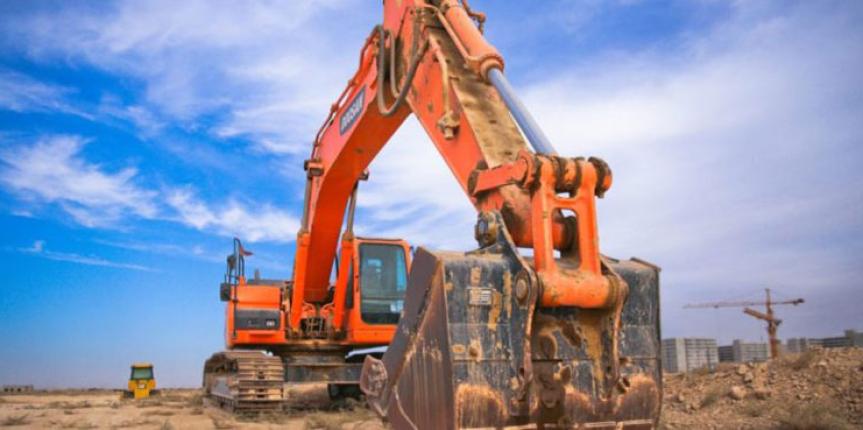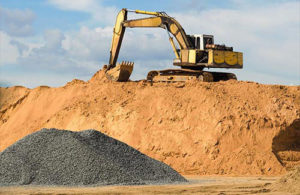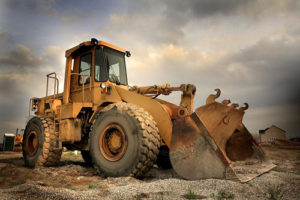
Because of its size and usability, using Heavy equipment, also known as earth moving machines have reported many accidents and fatalities. It is important that all constructor operators should be trained well before using it- however, it does not guarantee that they will be 100% free from accidents. The workers working in harsh condition should use heavy equipment safety tips.
7 Heavy Equipment Safety Tips
Here are 7 heavy equipment safety tips for operators and save yourself from danger for a better and safe construction project management.
-
Check the Heavy Equipment
The first thing an operator needs to do before using heavy equipment is to check if it is operational. As an operator, you need to check if the equipment is in the right condition to be used. Part also of a construction project management is the operator or construction worker should only operate machinery they’ve been fully trained to use.
2. Make sure to avoid Blind Spots
The first thing an operator needs to do before using heavy equipment is to make sure no other person is near to them, especially in their blind spots. If this is difficult for you, ask an operator to be a ‘spotter’ for you. The spotter will be your guide, direct you, and will also inform other operators regarding the day you will use the heavy equipment. This is required so that your co-operators are aware that you need to look out for each other, thus avoid potential accidents.
3. Communicate with your Co-Operators/Workers
Communication is very crucial when it comes to safety in using heavy equipment. Operators use a two-way radio to communicate with their co-operators, or sometimes they use a ‘spotter’. It is recommended that before the construction, all operators should conduct a safety meeting to avoid accidents.
4. Observe proper operation of the Heavy Equipment
The operator should always take note of the following when operating heavy equipment:
- Never jump off or out of any heavy equipment
- Don’t ever enter or exit a machine while you are still using it.
- Always completely power down heavy equipment after using it, release pressure from hydraulic controls, and engage parking brakes
- Only load and unload equipment on level ground to prevent tipping, rollovers and material spills
- Make sure to check riggings before lifting a load
- Never exceed payload or lift capacities
- Wear proper uniform and gears when operating the heavy equipment machine.
5. Ensure that all of the Heavy Equipment is well-maintained
Being safe during construction means having well-maintained equipment. This is to avoid breakdowns or malfunction during the whole construction process. A broken, dysfunctional heavy equipment will result in huge damage to the construction- and worse, someone might get hurt or even die because of it.
6. Perform an overall inspection before the Construction Project
All operators should do an overall inspection of the equipment at least once daily before the construction operation. Hydraulic hoses, undercarriage, oil levels, stress points, etc. are all areas that need to be inspected and reported to the maintenance/safety department before machine start-up.
7. Always be ready and alert
Since using heavy equipment takes a lot of training and effort, an operator should always be prepared and alert in any situation that might happen. If you think there’s something wrong with the equipment, report and stop the operation immediately. Always be prepared with a first aid kit in case an emergency happens.
Using heavy equipment might be intimidating and scary, but once you muster all the safety measures and skills needed, managing construction projects will be a lot easier and safer.


